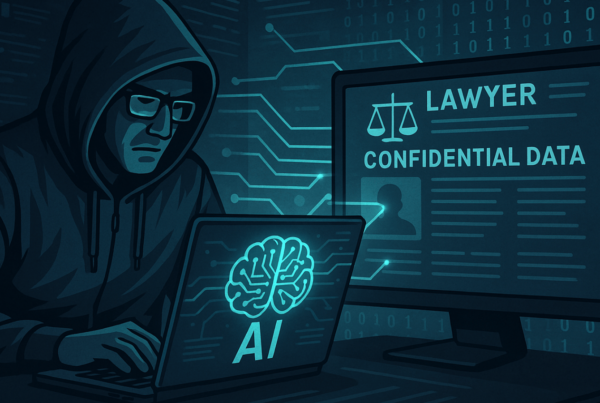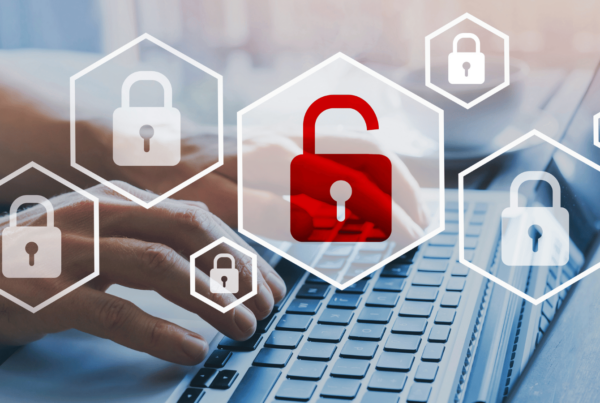Uncovering the Threat of Ransomware: A Guide for Lawyers
In today’s digital world, cyber-security has become a pressing area of concern for many industries – law firms being no exception. As professionals armed with sensitive client data, attorneys face the daunting challenge of warding off cyber threats. One such menace that has seen a worrying uptick is ransomware.
What is Ransomware?
Ransomware is a form of malicious software that, once infiltrated into a system, locks users out of their files or entire systems, demanding a ‘ransom’ in exchange for restored access. Such attacks take advantage of the value and confidentiality of the user’s data, causing not just financial loss but potentially irreparable reputational damage.
Should I be worried?
As lawyers, your vigilance against ransomware must intensify when you transition to remote work. Without the safety net of centralized office cybersecurity systems, the risks magnify. Every email opened, and every document accessed – outside the shield of your firm’s firewall – is a potential entry point for attackers. The convenience of working from anywhere comes tethered to the responsibility of safeguarding client trust.
Remember, an ounce of prevention is worth a pound of cure; investing in robust security measures now could avert a crisis that threatens the very pillars of your professional integrity. Take action—update your security protocols, educate your teams, and ensure that your remote workspace is a bulwark, not a breach, in the face of rising ransomware threats.
Arm yourself against these attacks
Ransomware is becoming the most common way hackers make money from gaining access to law firm data. If you understand how the attacks you can better avoid them. Below is a 4-minute video that gives you the information you most need to help avoid intrusion.
Click below to watch
Resources Mentioned
- Beyond Fear, by Bruce Schneier
- LastPass (recommended password manager; start with free version)
- Password Management Policy (good overview of using passwords effectively)
- VPN Security – basic information about VPN use
- 60 Minutes Segment on Ransomware attacks
Use technology to radically improve your law practice by focusing on the few core elements that have the biggest impact.






